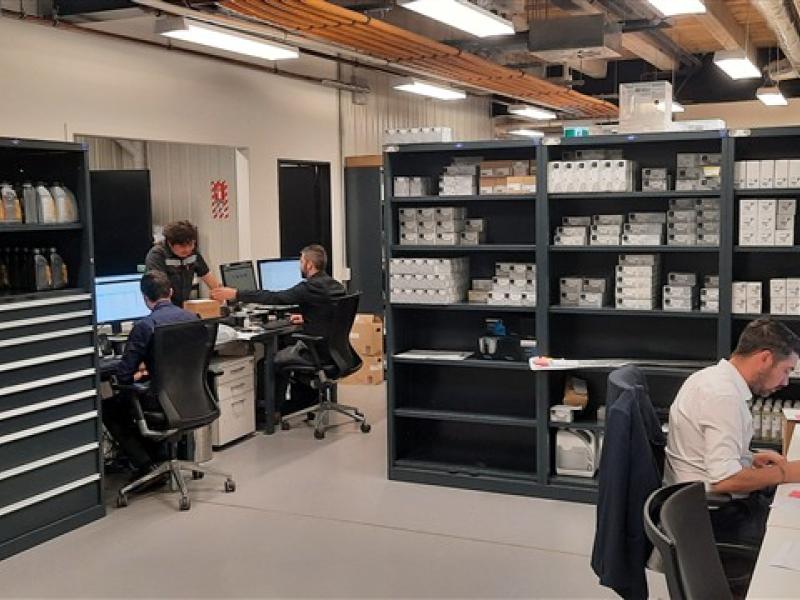There’s a lot of hype around diesel engines, and diesel technology, and it’s no secret that the major car manufacturers are as confused – or excited, depending on where they stand – as anyone else.
For instance, the world’s biggest carmaker, Toyota, for many years dragged its feet in term of diesel development while it followed the petrol hybrid route, mainly in a belief that the huge American market would not adopt diesel cars thanks to disastrous previous attempts to introduce them.
Volkswagen, Toyota’s nearest rival, on the other hand, grasped hold of diesels with both hands, and this has proven to be a huge advantage in the real world, especially as the government subsidies that made hybrids attractive to car owners have fallen away.
The fact is, at least as far as we can see, diesels are here to stay, and they are getting more popular, not less – even though in New Zealand the onerous road user charges scheme unjustly disadvantages small diesels and is holding their adoption back somewhat.
And this means that for those looking at a career path, the choice of diesel specialisation would be a good one, as the increased demand for diesel vehicles will mean the number of diesel mechanics required to service these vehicles will dramatically increase.
Among the most important benefits driving the further development and popularity of diesel engines are the following:
- Diesel engines work at higher compression ratios than most petrol engines, and therefore have to be more strongly built; this makes them more durable than an equivalent petrol engine.
At the same time they don’t require spark systems to ignite the fuel, which takes away a common source of engine problems with petrol vehicles.
- Size for size, they are also more fuel efficient than petrol engines, especially when run continuously for long periods.
Most petrol engines convert approximately 30 percent of the energy in the fuel into power. In comparison, a diesel engine often converts 45 to 50 percent of the energy in its fuel into useable power.
This can allow the engine to either get better mileage or perform more work for a given amount of fuel when compared to a petrol engine.
The emergence of small direct injection petrol engines has taken away some of this advantage, but this is a temporary setback that diesel will quickly overcome as research and development continues.
- An important fact is that diesel engines are easy to adapt to run on different fuels, especially biofuels, whereas petrol engines can often require extensive modifications to do this.
This advantage is especially important due to the fact that the future will see the widespread adoption of biofuels and other alternative fuel blends. The ease with which a diesel engine can use these new fuel types will ensure that diesel engine owners can take advantage of these opportunities and avoid the need to pay for increasingly expensive petrol.
- As far as safety is concerned, the chemistry says it all; petrol has a low flash point of minus 43 degC, and we all know how easy it is to ignite petrol, and when mixed with the right volume of air, to cause an explosion.
Diesel, on the other hand, has a flashpoint of between 52 and 96 degC. This makes it harder to burn, and even when burning in a normal environment will not explode; it takes compression to make it explode, as in a diesel engine.
Biodiesel is in fact even safer, with a flashpoint of 130 degC.
- Diesel engines are also more environmentally friendly than petrol engines, especially with the wide adoption of urea injection to reduce NOx emissions, and particulate (soot) filters in exhaust systems.





